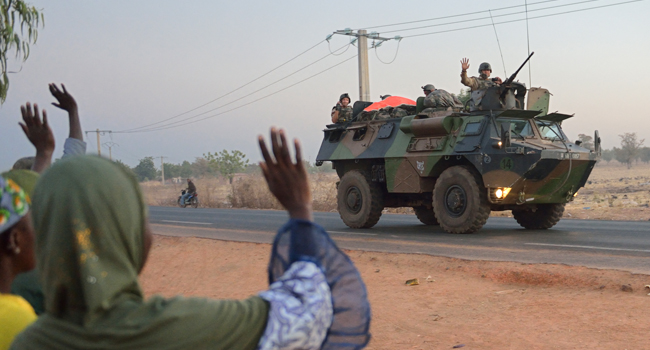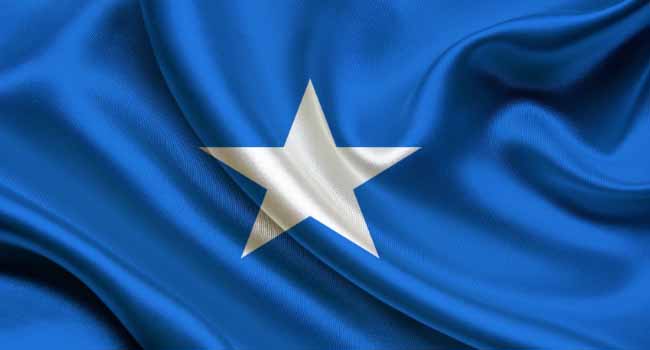
Ludovic MARIN / AFP
The UN warned Tuesday of severe humanitarian problems in central Somalia after 100,000 people were displaced by fighting between pro-government forces and Sufi militants.
Fighters loyal to Ahlu Sunna Wal Jamaa (ASWJ) occupied the strategic town of Guricel earlier this month, before being driven out last week by national forces and paramilitaries in operations that killed at least a dozen people, including civilians.
“We are concerned, even alarmed, by the ongoing fighting in Guricel which is now continuing for the past few days,” the UN Special Representative for Somalia, James Swan, told a press briefing.
“First and foremost, we are concerned by its humanitarian consequences, which have been severe. Reports are still initial but they signal nearly 20,000 families displaced, representing some 100,000 people.”
He also warned of “very troubling reports of damage to hospitals and civil society facilities as a consequence of the fighting,” adding that such attacks amounted to a violation of international humanitarian law.
The UN earlier said that many of those fleeing the violence had sought shelter in villages that are already grappling with drought and water shortages.
Guricel is the second-largest town in the Galmudug region, which has witnessed a long-armed struggle by the Sufi militia.
The ASWJ has controlled many of the major cities in Galmudug over the past decade, and efforts to broker a military and political settlement to their feud with regional authorities have not succeeded.
The Sufi group’s recent military advances in Galmudug coincide with upper house elections in the region, which is the last of Somalia’s five federal member states to complete the long-overdue process.
The Horn of Africa nation has been struggling to hold elections and fend off a long-running Islamist insurgency, with al-Shabaab militants regularly carrying out attacks across the country.
Swan said the violence in Galmudug was “a distraction from other critical priorities, namely the completion of the electoral process and the continuation of the fight against al-Shabaab.”
Elections in Somalia follow a complex indirect model, whereby state legislatures and clan delegates pick lawmakers for the upper and lower houses of parliament, who in turn choose the president.
The presidential election is nearly a year overdue, with the process dogged by political infighting at the highest level of government, and feuds between Mogadishu and some states.



